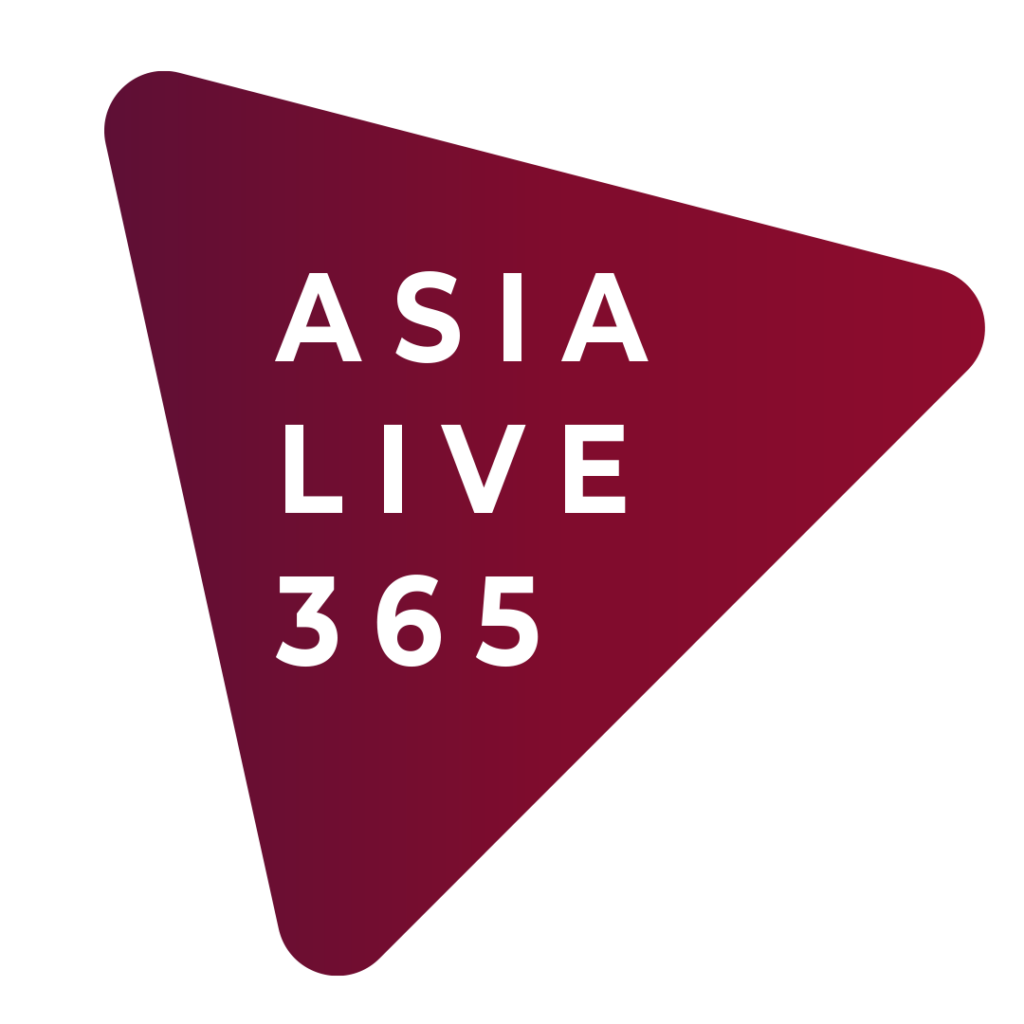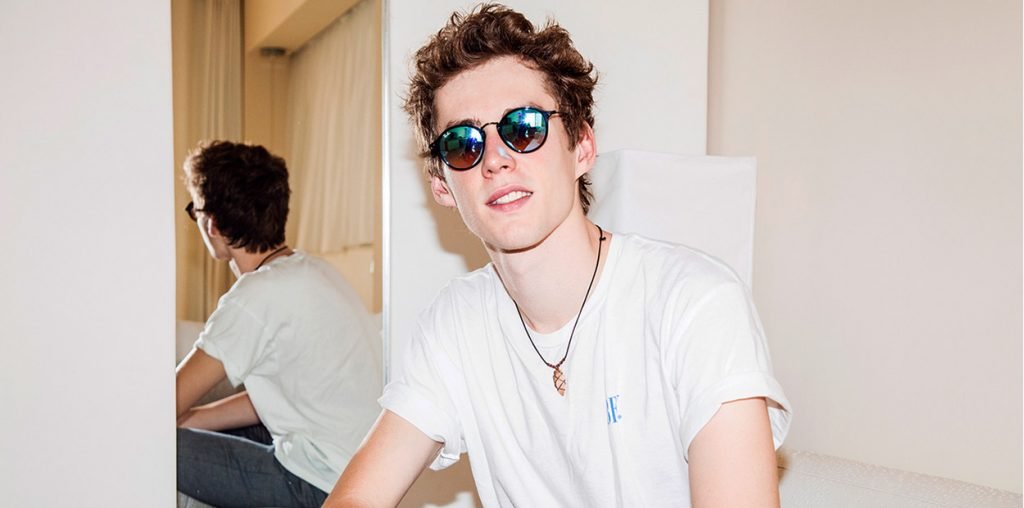Having bagged two of the biggest dance festivals in Southeast Asia like ZoukOut Singapore and Djakarta Warehouse Project into his résumé, so far December has been an exciting month for Felix de Laet.
The 23-year-old Belgian DJ and record producer is better known as Lost Frequencies, a name that has been a festival and house party playlist staple. His hit reworking of Easton Corbin’s “Are You With Me” went from Soundcloud to the top of European charts and a record deal with Armada Music sub label The Bearded Man Armada.
See also: It Ain’t a Party without Harrison: meet EDM’s hottest “hybrid” producer
With such an indomitable emergence and a debut album released back in October, de Laet joined hundreds of EDM big leaguers and local stars last weekend.
AsiaLive365 got to chat with the Brussels-based house talent during his visit to Southeast Asia about the local crowd, upcoming music, dream collaborations and why Less Is More.
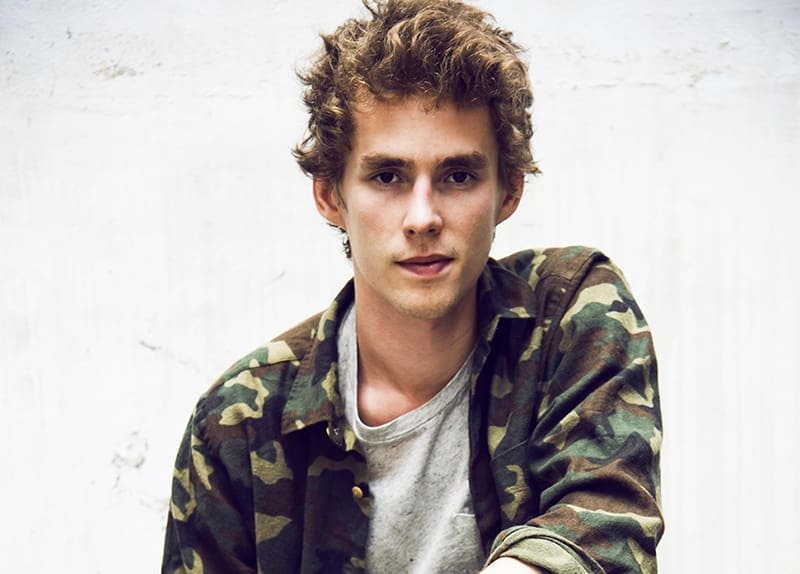
First of all, Felix, how are you?
I’m very good! Thanks for asking.
Back in 2014, you decided to remix “Are You With Me”. What’s the story behind reworking this particular country song?
Back then I’d always wanted to make an electronic track with songs that have guitar and cool vocals. I was looking for tracks to remix because I couldn’t play guitar or sing at that time. Then I found “Are You With Me” and I knew it’s the track I’d been looking for. I love the melodies and the singer so I downloaded the track and made my version of it.
Does that mean you’re a fan of country music to begin with?
I don’t mind country music, actually, but it’s not the music I listen to every day. So it’s more like I stumbled across the original version of “Are You With Me” and thought it sounded cool regardless of the genre. I didn’t go, “Oh, it’s country, I have to remix it”.
You said that the moniker Lost Frequencies is from the fact that you like making remixes of forgotten or “lost” songs. Are there any remixes that you want to put out later?
That was my plan, my project, in the beginning. But now that I’m able to work as an original artist, I’m more focused on putting out original tracks. And people now are expecting from me that I’m going to make original music. That’s why I released an album with all my original tracks but before that I’d released a cover of “What Is Love?” (a 1993 hit by Trinidadian-German singer Haddaway), which was a chance for me to do a little throwback to what my project was at the beginning.
Why did you name your album Less Is More?
When I got a radio play for the first time in Belgium, a guy from my label who said my music kind of exemplifies the phrase “Less is more”, because the production was quite small but the end results, the tracks, became really big around the world. So it shows that you don’t have to have a crazy production to make great music. When I had to think about the name of the album, “Less Is More” just fit perfectly.
Signing session of my album #LessIsMore #250togo 🖋💿
A photo posted by Lost Frequencies (@lostfrequenciesmusic) on
You played the piano growing up. How did you make the transition from a piano player to an electronic music producer?
I’ve played the piano but I’ve also been a fan of electronic music. When I got my first computer, for me it wasn’t even a question what I’d do with it: I was going go to make electronic music. The things that I was listening to at the time had a huge impact on me so I was inspired to make my own stuff. It’s very funny because I didn’t actually sit and thought about what I was going to do career-wise or what other kinds of music I could pursue. I just thought, “I’m going to make electronic music”.
Who were you listening to?
I was a really big fan of Avicii and Afrojack growing up. Back then they were only beginning to so it was amazing to see how gradually these “bedroom” producers became so well-known around the world and how they took electronic music to the US. It’s just really impressive. I looked up to them so much.
Tropical house is known for its guitar riffs and relaxing vibes. Within all of that, what is Lost Frequencies’ signature sound?
I hope that I had a signature sound! It’s hard to say because when I’m in the studio, I’m trying to make something that I really like and not try to sound like someone else. Maybe it’s the fact that I try to make what I want to make, work with the vocalists I really like, putting the vocals together with other elements and not care so much about other things. And that may make people say, “Hey that sounds like Lost Frequencies.” But then I don’t have a special sound or formula that I try to fit it in. Maybe it’s the arrangement or the mixdown at the end with the percussions that get louder or sometimes the guitar – oh I don’t know!
As a Belgian, how did you feel when you got to perform at Tomorrowland?
Oh, it was amazing! I had my own stage, Lost Frequencies and Friends, so I had DJs like Robin Schulz, Felix Jaehn and Ruby Rose on my stage. It’s amazing to have such big artists sharing the stage with me and to see that people were having an amazing time!
Tomorrowland 2016 … Group picture with the crowd is coming up … 🔥🙏🏻🇧🇪
A photo posted by Lost Frequencies (@lostfrequenciesmusic) on
What are the next big festivals you would like to perform at?
Well, I’m very excited to perform more in Asia because the crowd was so different from what I’ve been used to but they have so much energy. I’m also looking forward to doing EDC Las Vegas next year. It’s going to be my first time so I’m excited for that, too.
Before coming here what have you heard about ZoukOut and Djakarta Warehouse Project?
Only the good things! You know, I’ve already been to Jakarta twice so I know some people from there and they’re telling me all these things about Djakarta. But I’m also very excited to see how it’s going to be seeing it for myself because it’s always like that when people tell you how this place and that place is like but when you’re there it’s a completely different experience from just hearing how it is.
And since this time it’s going to be my first festival in Jakarta, it’s going to be different from the two gigs I’ve done so I’m really looking forward to people’s response because my set is now completely different from a year ago. So I’m very excited to see how they’re going to react to the music.
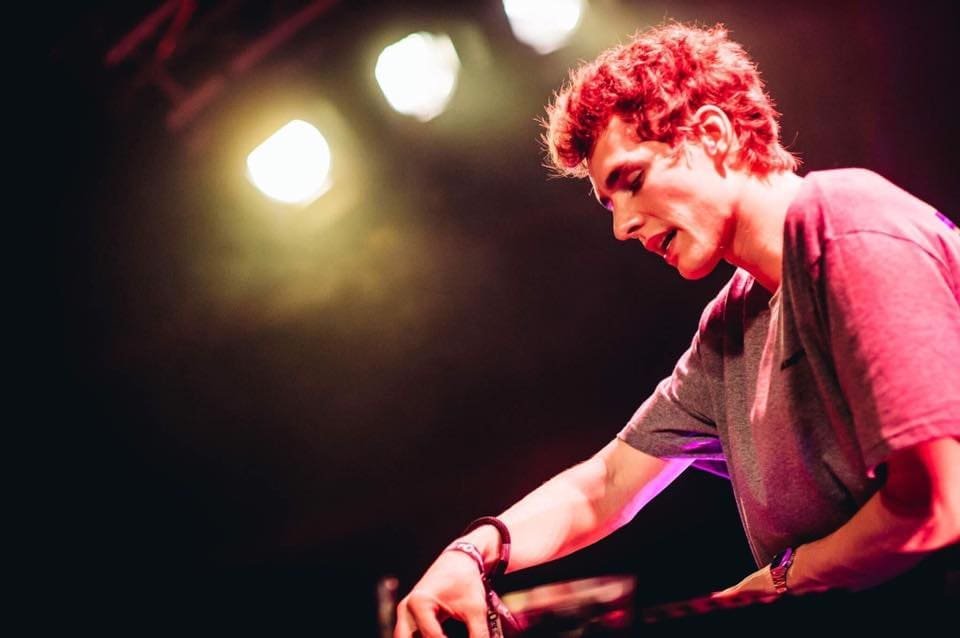
Speaking of your set, how do you prepare your set for Asian audiences? Is it different from what you put on in the West?
Yes, when I play in Europe, there are big tracks that I can play here that may not necessarily be as big in Asia. But since I’ve just released Less Is More, there’s going to be remixes of the songs on my album. If people have been listening to it they’re going to hear a lot of what they know. And I know that people there have been listening to it so it’s going to be very exciting and special.
You’ve worked with several artists in this album. Can you tell us what who you’re working with right now?
For this album I only worked with singers and songwriters who added a lot to our sessions and for me personally. Now that the album is out and I’ve created this universe of my own, I can work with other DJs so now I’m working on collaborations and stuff like that. I’m really excited to see how that works out because it’s my first time. I’m working with Zonderling, a really amazing artist from the Netherlands, and with another big DJ from there who I have to keep mum about for now. I’m very excited to see how our collaborations, the crossover of our music, are going to be like in the end.
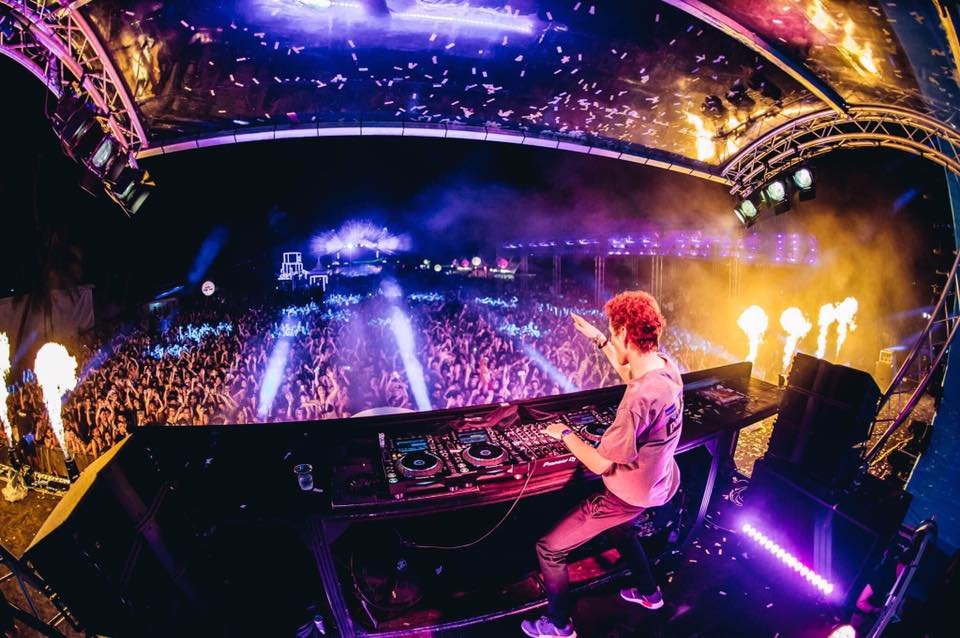
Who are on your dream collaboration list?
Yeah, I’d live to work with Flume. I love that guy. I think everyone does! As for the vocalist, I’d love to work with Cee Lo Green because he’s really funky and from a completely different world of music.
Lastly, do you have anything to say to your fans in Asia?
First of all, thank you for your amazing support. It has been incredible! It’s so far from Brussels but when I visit and hear people singing my music it’s just crazy. I’m very thankful for everybody who listen to the music, who like it and share it. I want to say that I’m excited to see all of them.
